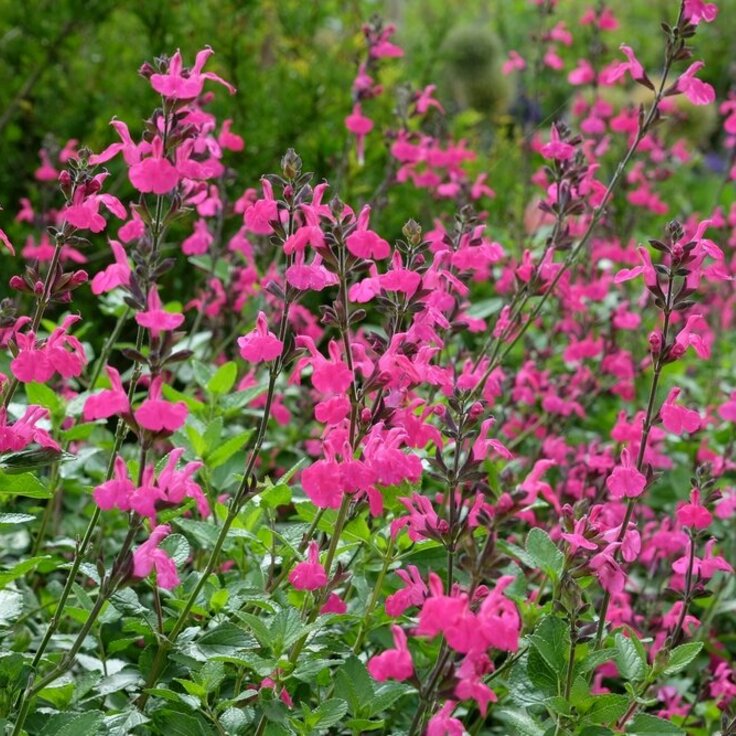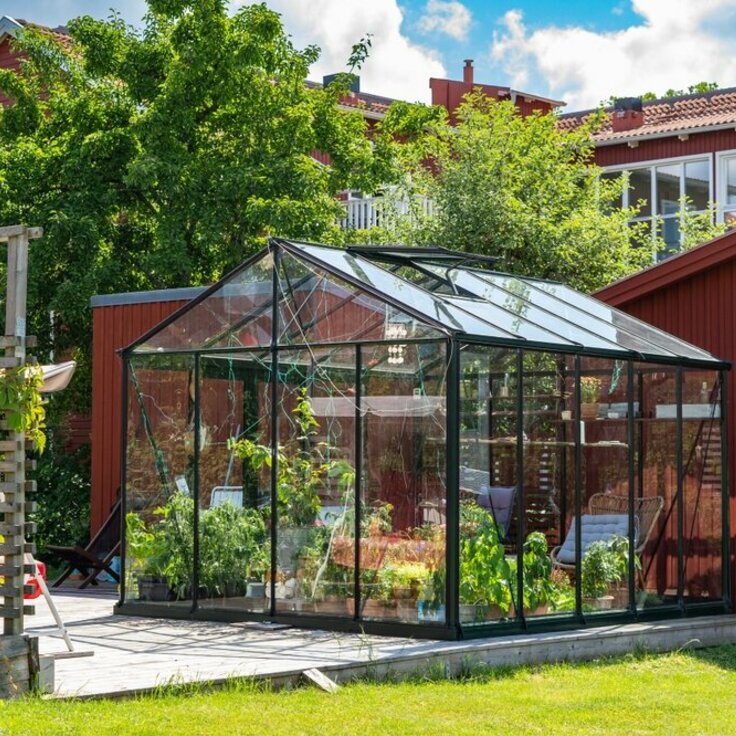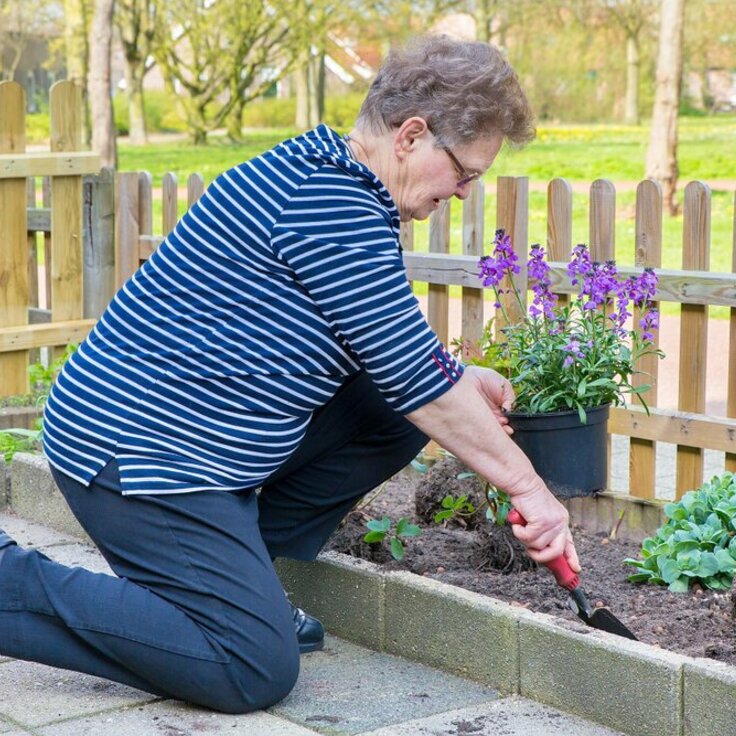Sustainable Green: Tips for an Eco-Friendly Summer Garden
A summer garden can be a source of joy and beauty, but maintaining it doesn't have to come at the expense of the environment. With the right approach, you can make your outdoor space both aesthetically pleasing and sustainable. In this article, we share practical tips for creating a summer garden that is not only a feast for the eyes but also kind to nature. From selecting the right plants to efficiently using water and energy, discover how simple adjustments can make a positive impact on your garden and the surrounding environment.
Opt for Native Plants
A summer garden can be both beautiful and sustainable by choosing native plants. These plants are perfectly adapted to local climate conditions and require less water and maintenance than exotic varieties. Native plants also support local wildlife, such as bees and butterflies, contributing to a healthy ecosystem in your garden. Some popular choices for a summer garden include the butterfly bush, sunflower, and wild carrot. By investing in native plants, you not only create a lovely garden but also an environment that supports nature.
Water Conservation through Smart Irrigation
Efficient water use is crucial for a sustainable summer garden. Consider installing a drip irrigation system, which delivers water directly to the plant roots and minimizes waste. Using rainwater, for example by setting up a water butt, can also make a significant difference. Mulching is another effective technique; applying a layer of organic material around your plants helps keep the soil moist and reduces weed growth. By irrigating smartly, you keep your summer garden healthy without wasting water.
Soil Health and Composting
A healthy soil foundation is key to a thriving summer garden. Using compost is an excellent way to enrich the soil with nutrients and improve soil structure. By making your own compost from kitchen and garden waste, you not only reduce your waste but also provide your plants with the nutrients they need. Composting encourages a rich soil ecosystem that helps combat diseases and pests, leading to a healthier and more sustainable garden.
Energy Efficiency with Garden Lighting
If you plan to illuminate your summer garden in the evenings, opt for energy-efficient lighting. Solar garden lights are a great choice as they do not use electricity and charge during the day through sunlight. These lights provide a warm glow without the worry of extra energy costs. Additionally, they add a magical touch to your garden in the evenings. With the right lighting, you can enjoy your summer garden even after sunset while simultaneously reducing your ecological footprint.
Avoid Chemical Pesticides
The use of chemical pesticides can be harmful to both the flora and fauna in your summer garden. Instead, choose natural alternatives such as organic pesticides or integrated pest management. Employing natural predators, such as ladybirds for controlling aphids, can be an effective way to keep your plants healthy. By opting for sustainable and environmentally friendly pest control methods, you protect the biodiversity in your garden and ensure that your summer garden remains a safe and healthy environment.








